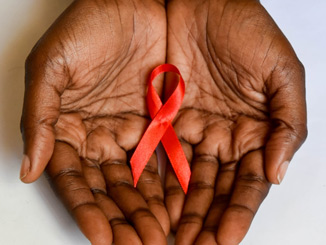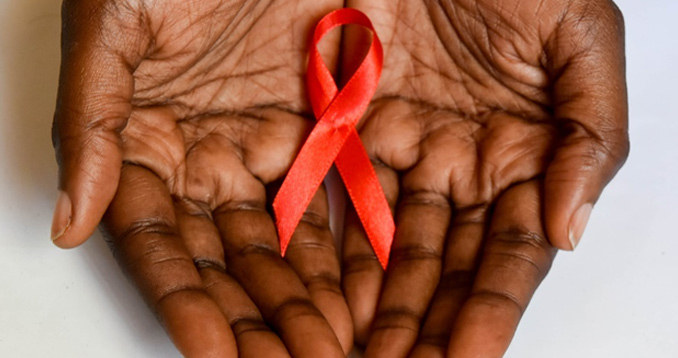

World AIDS Day, observed each year on December 1, is an opportunity for people worldwide to unite in the fight against HIV, show their support for people living with HIV, and remember those who have died from an HIV-related illness. Started in 1988, World AIDS Day was the first-ever global health day.
Since 1996, its efforts have been coordinated by UNAIDS — the Joint United Nations Programme on HIV/AIDS. UNAIDS is an innovative joint venture of the United Nations family, which brings together the efforts and resources of 11 UN system organizations to unite the world against AIDS.
HIV remains a major public health issue that affects millions of people worldwide. Although the world has made significant progress in recent decades, important global targets for 2020 were not met.
Division, disparity and disregard for human rights are among the failures that allowed HIV to become and remain a global health crisis. Now, COVID-19 is exacerbating inequities and disruptions to services, making the lives of many people living with HIV more challenging.
The theme of World AIDS Day 2021 is “End inequalities. End AIDS”. With a special focus on reaching people left behind, WHO and its partners are highlighting the growing inequalities in access to essential HIV services.
On 1 December 2021, WHO is calling on global leaders and citizens to rally to confront the inequalities that drive AIDS and to reach people who are currently not receiving essential HIV services.
Globally, there are an estimated 38 million people who have the virus. Despite the virus only being identified in 1984, more than 35 million people have died of HIV or AIDS related illnesses, making it one of the most destructive pandemics in history.
West and Central Africa could see a rise in HIV infections and AIDS-related deaths in a few years due to disruptions in health services because of the coronavirus pandemic, the executive director of the U.N. AIDS agency said.
Although human immunodeficiency virus (HIV) infection rates, and acquired immunodeficiency syndrome (AIDS)-related deaths have been on a steady decline over the past decade, the region accounted for 22% of AIDS-related deaths in 2020.
Around 200,000 people in West & Central Africa became newly infected with HIV last year out of a global total of 1.5 million, the United Nations AIDS agency’s (UNAIDS) data shows.
New infections in the region were growing fast among vulnerable groups that include young girls and women, gay men, trans and non-binary people, sex workers, drug users and prisoners, who don’t always have ready access to preventive measures and treatment.
Winnie Byanyima said the jury was still out on the extent of the impact of the coronavirus pandemic on HIV, but the agency is seeing examples of disruptions.
“We are quite worried that when all the data comes in for this year (2021), that we might see a spike in new infections, and over a few years we might see more deaths,” Byanyima told Reuters on the sidelines of a health summit late on Tuesday.
“We are seeing across countries, a decrease in people receiving prevention, a decrease in people testing, and increasing numbers of people falling out of treatments. These are not good signs, but we don’t yet know what the impact will be on new infections and deaths,” she said.
Health systems in the region have been stretched by the outbreak, forcing governments to divert scarce resources to tackle the pandemic, while measures to stop the spread, such as lockdowns, curbed access to HIV prevention and treatment.
UNAIDS warned in July last year that the global fight against AIDS had been faltering even before the COVID-19 pandemic, and the pandemic was threatening to put hard-won progress against HIV back by 10 years or more.
Byanyima urged other leaders to emulate Senegal’s President Macky Sall who increased the health ministry’s funding to fight HIV.
Sall directed Senegal’s health minister during his closing speech to commit an extra 2 billion CFA francs ($3.5 million) to the ministry’s 2021/2022 budget to the fight against HIV.

Leave a Reply